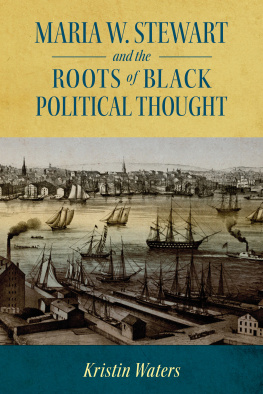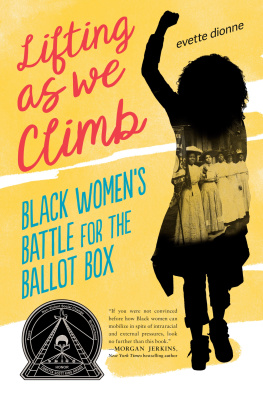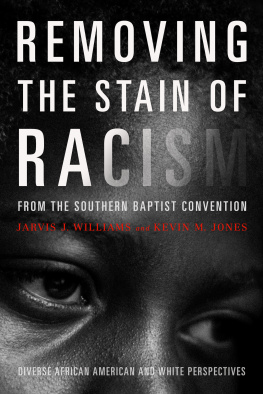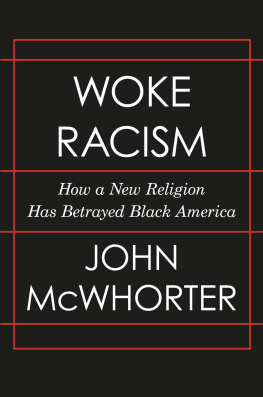Bettye Collier-Thomas - Jesus, Jobs, and Justice: The History of African American Women and Religion
Here you can read online Bettye Collier-Thomas - Jesus, Jobs, and Justice: The History of African American Women and Religion full text of the book (entire story) in english for free. Download pdf and epub, get meaning, cover and reviews about this ebook. year: 2010, publisher: Knopf Doubleday Publishing Group, genre: Politics. Description of the work, (preface) as well as reviews are available. Best literature library LitArk.com created for fans of good reading and offers a wide selection of genres:
Romance novel
Science fiction
Adventure
Detective
Science
History
Home and family
Prose
Art
Politics
Computer
Non-fiction
Religion
Business
Children
Humor
Choose a favorite category and find really read worthwhile books. Enjoy immersion in the world of imagination, feel the emotions of the characters or learn something new for yourself, make an fascinating discovery.

- Book:Jesus, Jobs, and Justice: The History of African American Women and Religion
- Author:
- Publisher:Knopf Doubleday Publishing Group
- Genre:
- Year:2010
- Rating:3 / 5
- Favourites:Add to favourites
- Your mark:
Jesus, Jobs, and Justice: The History of African American Women and Religion: summary, description and annotation
We offer to read an annotation, description, summary or preface (depends on what the author of the book "Jesus, Jobs, and Justice: The History of African American Women and Religion" wrote himself). If you haven't found the necessary information about the book — write in the comments, we will try to find it.
Bettye Collier-Thomass groundbreaking book gives us a remarkable account of the religious faith, social and political activism, and extraordinary resilience of black women during the centuries of American growth and change. It shows the beginnings of organized religion in slave communities and how the Bible was a source of inspiration; the enslaved saw in their condition a parallel to the suffering and persecution that Jesus had endured.
The author makes clear that while religion has been a guiding force in the lives of most African Americans, for black women it has been essential. As co-creators of churches, women were a central factor in their development. Jesus, Jobs, and Justice explores the ways in which women had to cope with sexism in black churches, as well as racism in mostly white denominations, in their efforts to create missionary societies and form womens conventions. It also reveals the hidden story of how issues of sex and sexuality have sometimes created tension and divisions within institutions.
Black church women created national organizations such as the National Association of Colored Women, the National League of Colored Republican Women, and the National Council of Negro Women. They worked in the interracial movement, in white-led Christian groups such as the YWCA and Church Women United, and in male-dominated organizations such as the NAACP and National Urban League to demand civil rights, equal employment, and educational opportunities, and to protest lynching, segregation, and discrimination. And black women missionaries sacrificed their lives in service to their African sisters whose destiny they believed was tied to theirs.
Jesus, Jobs, and Justice restores black women to their rightful place in American and black history and demonstrates their faith in themselves, their race, and their God.
Bettye Collier-Thomas: author's other books
Who wrote Jesus, Jobs, and Justice: The History of African American Women and Religion? Find out the surname, the name of the author of the book and a list of all author's works by series.







